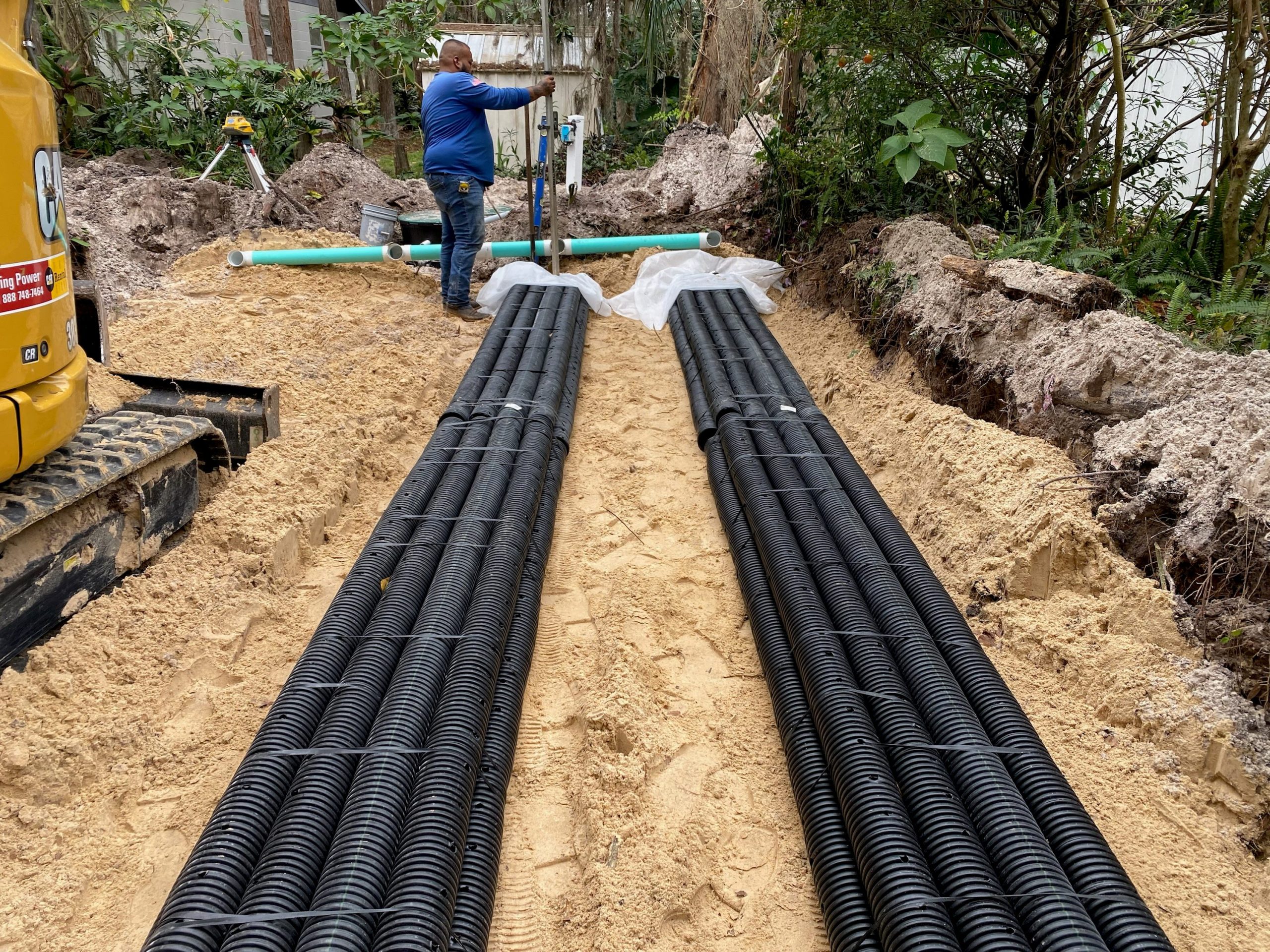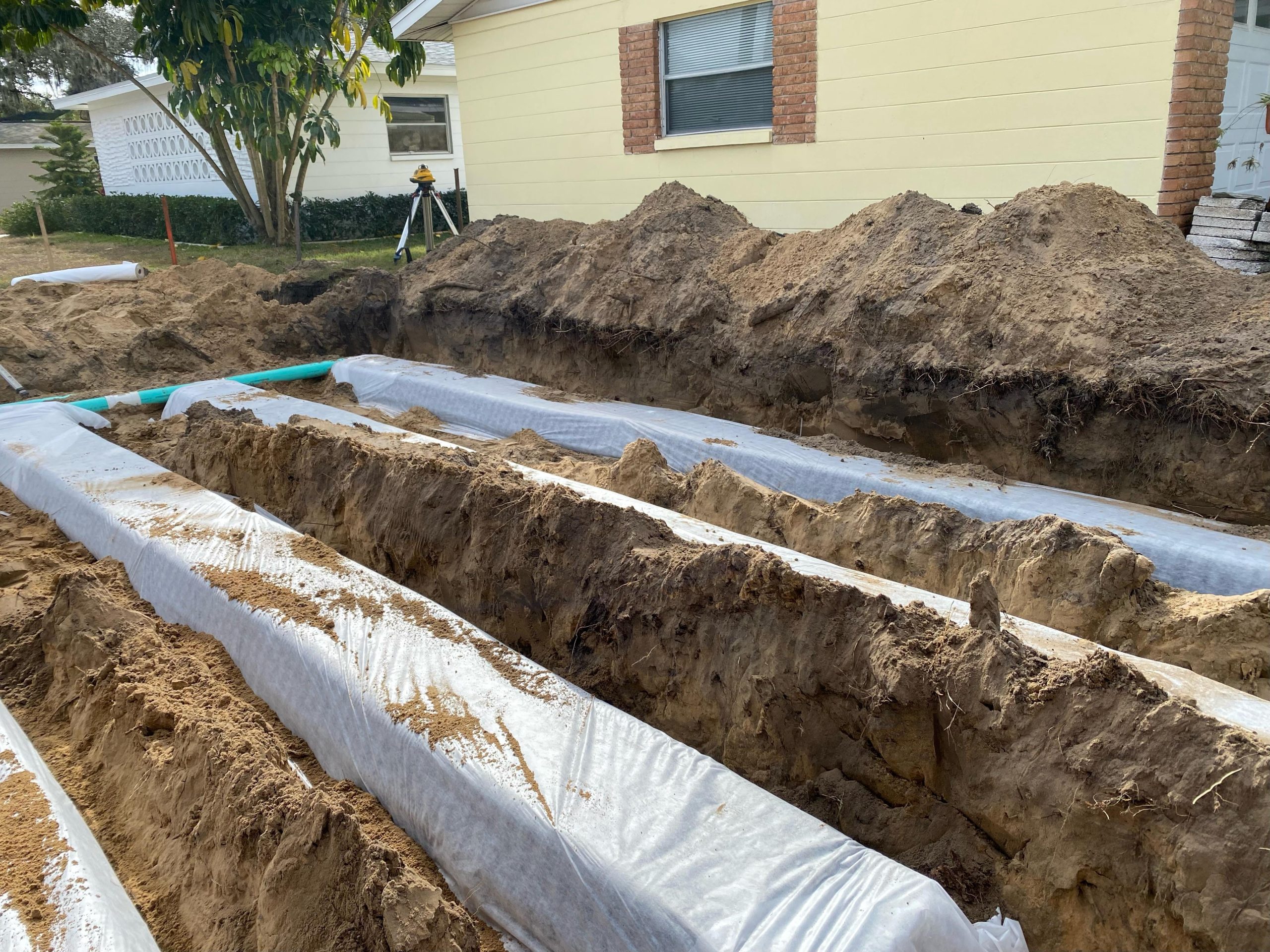A well-functioning drain field plays a crucial role in the overall performance of your septic system, ensuring effective wastewater treatment and minimizing the risk of backups and environmental contamination. Let’s dive into the strategies that can enhance the efficiency of your drain field.
Regular Pumping and Maintenance:
Regular septic tank pumping and maintenance are fundamental to maintain a healthy drain field. By removing accumulated solids from the septic tank, you prevent excess sludge from flowing into the drain field, which can lead to clogs and reduced drainage efficiency. Schedule routine maintenance with professionals like Quality Septic, Inc. to keep your system in top shape.
Conserve Water:
Conserving water is not only beneficial for the environment but also for your drain field. Excessive water usage can overwhelm the drain field, inhibiting its ability to effectively treat wastewater. Implement water-saving practices such as fixing leaks, using efficient appliances, and spreading out water-intensive activities throughout the week to prevent unnecessary strain on your drain field.
Proper Waste Disposal:
Your drain field is designed to treat specific types of wastewater, primarily from toilets, showers, and sinks. Avoid introducing non-biodegradable items, chemicals, oils, or excessive amounts of household cleaners into your septic system. These substances can harm the delicate balance of bacteria in the drain field, hindering its ability to break down waste effectively. Dispose of hazardous materials through designated channels instead.
Be Mindful of Drain Field Placement:
During the initial installation or expansion of your septic system, the placement of the drain field is crucial. Ensure it is located away from areas prone to excess moisture, such as roof drains or surface runoff areas. Adequate soil percolation and absorption capacity are key factors to consider when determining the drain field location. Consulting with experienced septic professionals like Quality Septic, Inc. can help you make informed decisions.
Implement Vegetative Cover:
Promote the growth of suitable vegetation over the drain field area. Grasses and shallow-rooted plants help absorb excess moisture and aid in the evaporation of water, preventing oversaturation. However, be cautious of planting deep-rooted trees or shrubs near the drain field, as their roots may penetrate and disrupt the drainage system.
Monitor and Respond to Warning Signs:
Regularly monitor your septic system for warning signs of drain field issues. These signs may include slow drains, foul odors, sewage backups, or unusually lush or saturated areas over the drain field. If you notice any of these signs, contact septic professionals immediately. Timely intervention can prevent further damage and expensive repairs.
Ensuring the optimal efficiency of your drain field is essential for the long-term functionality and effectiveness of your septic system. By following these strategies and partnering with reputable septic service providers like Quality Septic, Inc., you can maintain a healthy drain field, protect the environment, and enjoy trouble-free wastewater treatment for years to come. Remember, a well-maintained drain field is the key to a reliable and efficient septic system.
For all your septic system needs and professional assistance in maintaining your drain field, trust the experts at Quality Septic, Inc. Contact us today to schedule a consultation or for any septic system-related queries.



